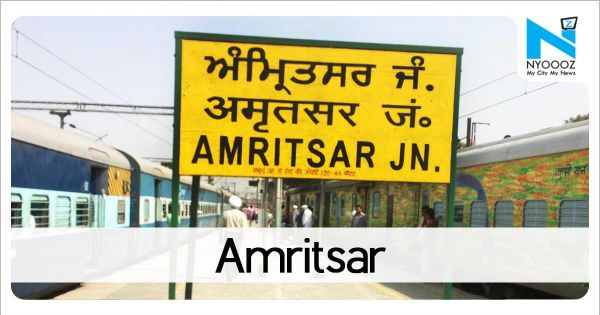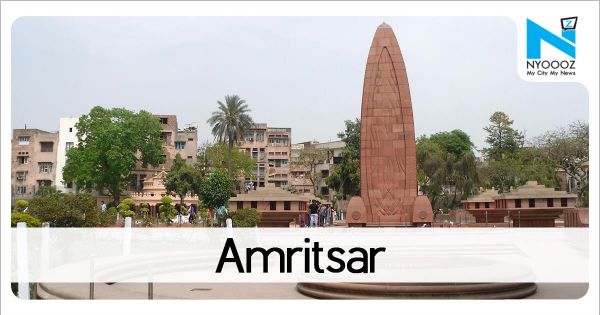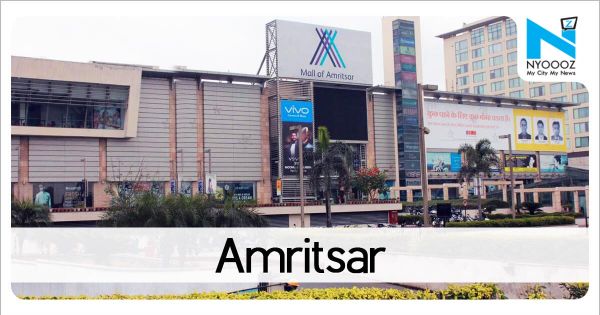
While boring is done to lift underground water, the reverse boring concept deals with the procedure of disposing of polluted water into the ground by drilling a deep hole into the ground. As the waste water gets mixed with ground water in the same trench which is also being used to draw water for drinking, it can result in health hazards. Industrial units are under a constant watch. There is a possibility that some people might be doing this and if it is happening, it is very dangerous for the health of the people.”He said criminal cases would be registered against the errants who resort to reverse boring to dispose of industrial waste. There is no possibility for industrialists to resort to reverse boring.” However, the possibility of violation by commercial establishments on the outskirts of the city with no sewerage lines and enough vacant land to dispose of effluents cannot be ruled out, said an official of the district administration.

If You Like This Story, Support NYOOOZ
Your support to NYOOOZ will help us to continue create and publish news for and from smaller cities, which also need equal voice as much as citizens living in bigger cities have through mainstream media organizations.
Stay updated with all the Amritsar Latest News headlines here. For more exclusive & live news updates from all around India, stay connected with NYOOOZ.










